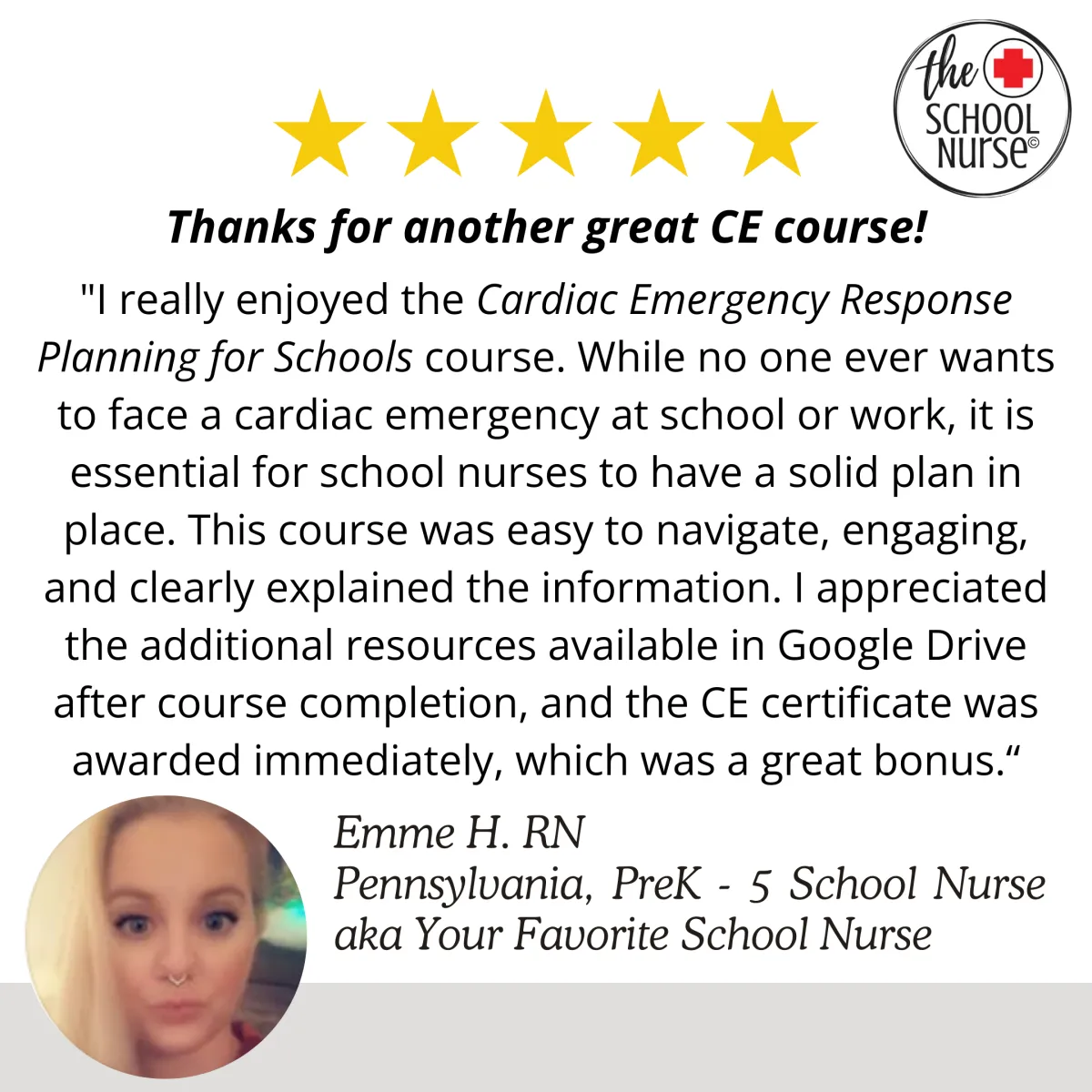Health Screenings in the School Setting
Understanding Mandatory Health Screenings vs. State-Required Health Forms: What Every School Nurse Should Know
What’s the Difference?
Mandatory health screenings are designed to catch potential health issues early (like vision or hearing problems) that could affect a student’s ability to learn and thrive. These screenings focus on early detection and timely intervention.
On the other hand, state-required health forms—such as physical exams, immunization records, and medication authorizations—are linked to school attendance regulations. They ensure that students meet public health guidelines, helping to protect the entire school community.
Since requirements vary by state, it’s important for school nurses to stay informed about the specific mandates for their students. This knowledge not only helps maintain compliance but also supports the overall health and success of every child.
Communication Is Key
Effectively communicating with families about these screenings and forms is vital. Clear, compassionate conversations help parents understand why these requirements matter and encourage timely completion. Plus, building trust through consistent messaging can make a big difference in student health outcomes.
Where to Find Information
There isn’t one universal resource that covers every state’s specific mandates. However, a good place to start is the National Association of School Nurses (NASN) or each state’s Department of Education or Health Department website.
If so, look at the Department of Public Health site for your state, then search for something general such as "school health requirements"; these search results will hopefully lead you in the right direction. Or send a message or search the site of your state's school nurse consultant- search the list HERE!
Examples of Common Health Screenings in Schools:
-
Vision Screenings
-
Hearing Screenings
-
Scoliosis Screenings
-
Dental Screenings
-
Mental Health & Behavioral Screenings
-
Hunger Screenings
-
BMI Screenings
-
Lead Exposure Screenings
School nurses are uniquely positioned to provide these screenings and make referrals for follow-up care, especially considering that about 40% of children attending school have chronic health conditions (CDC, 2019).
Illinois Student Health Screening Requirements
For example, in Illinois:
-
- Vision Screenings
"Vision screening must be provided annually for preschool children 3 years of age or older in any public or private educational program or licensed child care facility, and for school age children in kindergarten, second and eighth grades; are in special education class; have been referred by a teacher; or are transfer students." IDPH, 06/21/2022
- Hearing Screenings
"Hearing screening must be provided annually for preschool children 3 years of age or older in any public or private educational program or licensed child care facility, and for all school age children grades kindergarten, first, second and third; are in special education class; have been referred by a teacher; or are transfer students. These screening services shall be provided in all public, private, and parochial schools." IDPH, 06/21/2022
If you’re a school nurse outside Illinois, I’d love to hear what your state requires! Feel free to share in the comments or reach out for support.
Staying Organized
Tracking compliance can feel overwhelming, but having a plan makes a big difference. I use a combination of digital tools like Skyward and simple paper filing systems to keep everything accessible. Find what works for you and keep refining it.
Check out the image below for examples of vision and hearing screening forms I use in my practice.
 |

.png)








%20(1).png)
.png)






.png)

No comments:
Post a Comment